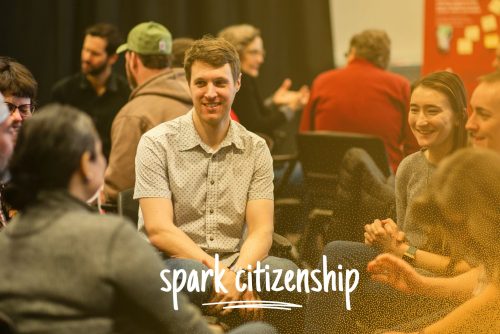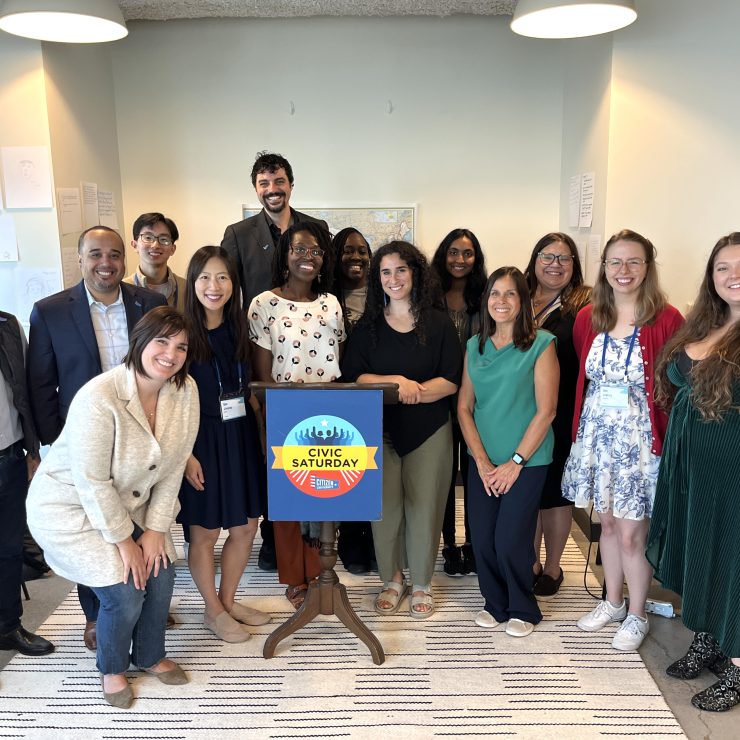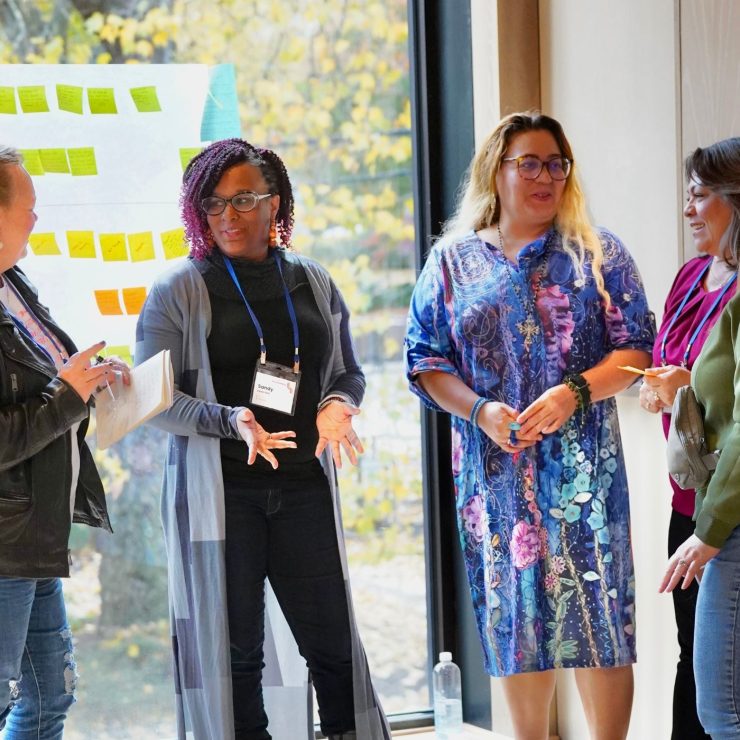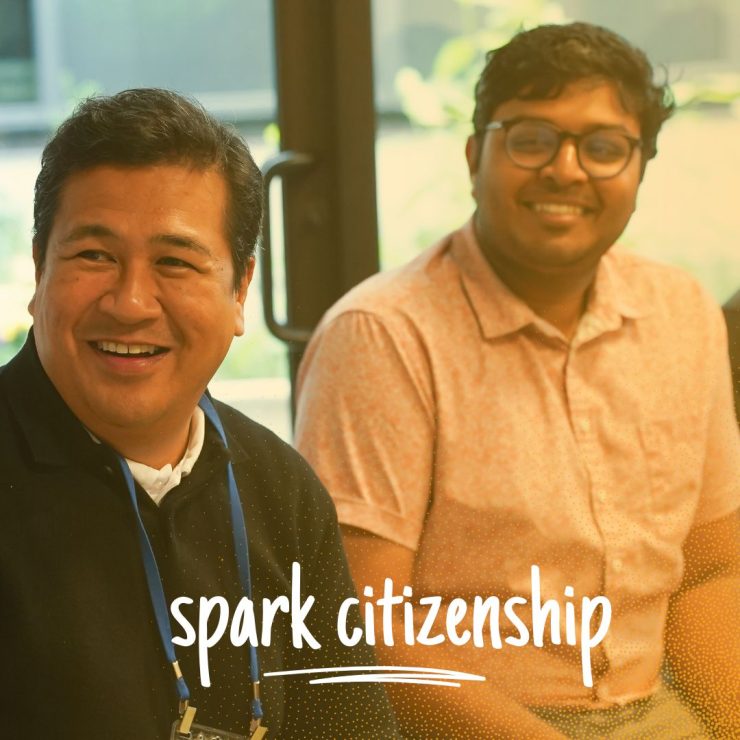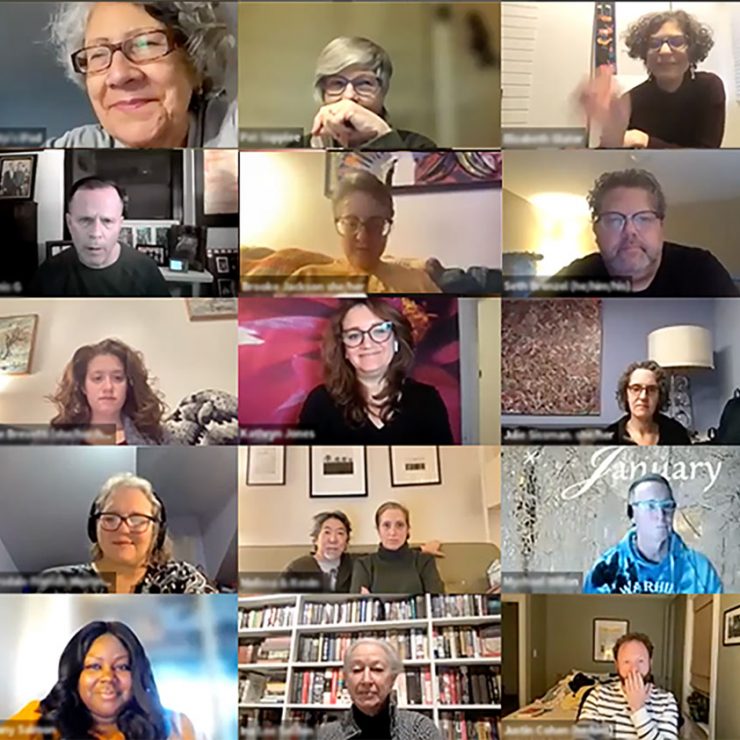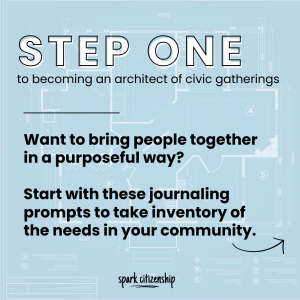Social distancing. While this phrase isn’t plastered in every public place anymore, the habit remains. The pandemic (magnified by political polarization) has widened the distance among Americans with rippling consequences. Feeling connected to others is a basic human need — and this epidemic of loneliness is bad for our health, our economy, and our democracy.
Our communities need more public gathering places in which to rebuild connections with others. It sounds obvious, but in reality there are fewer and fewer actual places that enable us to get to know those around us and build the relationships, trust, and collaborations that society needs to thrive. We’re talking about gatherings that are “upstream” of politics, where we can rehumanize one another and find ways to move forward.
That’s why we’re on a quest to build more “civic infrastructure” — structured and sustained community gatherings that help us feel invited, connected, energized. That help us overcome social anxiety and heal our social rifts. And that build a culture of looking out for others, of taking responsibility for what’s not working, of being civically committed.
SPARK CITIZENSHIP FOCUS
Civic Gatherings
This is the third step to Spark Citizenship — a year-long project to equip more Americans (just like you!) as sparks of civic activity. You’ll dig into a timely theme and receive practical resources, inspiring examples, and grounded encouragement to not only embrace this civic mindset in yourself but also spark it in others. It’s an activating, community-building, and hope-filled antidote to the polarizing pull of the 2024 election.
Looking for more? Start with joining and inviting →
Your task —
Become a gathering engineer. Study the areas of disconnection, of social breakdown, and of civic opportunity around you. Pay attention to the kinds of connection your community is yearning for and sketch out what it would look and feel like to have public, purposeful gathering places where everyone can belong and thrive. It could be a swap meet, a BBQ at the county fair, a program at your library, a Memorial Day potluck, a community garden workshop… gatherings can (and should!) fit with the culture of your place. Do what you can: show up once; join a planning group; organize something of your own — each small step matters!
